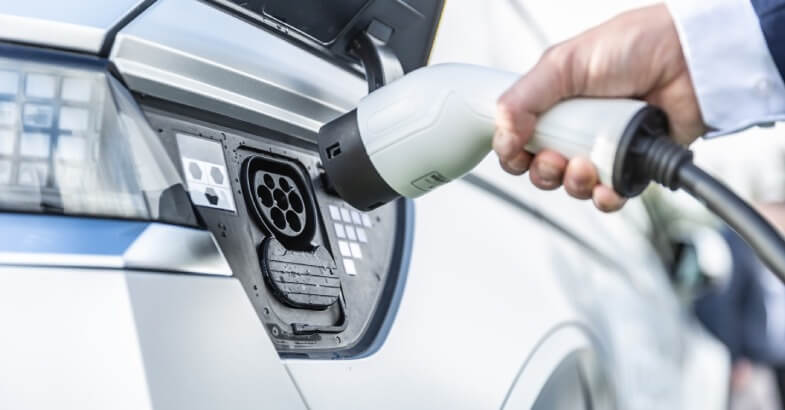Despite political and economic uncertainties, global acceptance of electric vehicles has continued to increase over the past two years, a new study shows. Albeit with regional differences, Roland Berger’s EV Charging Index 2025 reveals that China once again reached first place in the ranking, followed by Norway and the US.
Charging Infrastructure
While Germany slips to fifth place due to a slump in sales after the end of government subsidies, other countries are catching up quickly: the UK, for example, rises to fourth place thanks to strong growth in e-car sales and charging infrastructure.
Portugal and Turkey also improved and made it into the top half of the index. South Korea remains a strong player in the EV market, but its overall ranking is declining, largely due to low customer satisfaction with the country’s charging system.
The Roland Berger EV Charging Index 2025 is based on a survey of 12,000 respondents in 33 countries and evaluates the most important electric mobility markets according to criteria such as market size, charging infrastructure, industry innovation and customer satisfaction.
“The global growth of electromobility continues steadily, albeit with significant regional differences. For example, cost issues, battery supply chain difficulties and policy changes are leading to moderate growth in EV sales in much of Europe, while political uncertainties are slowing progress in the United States,” said Adam Healy, Principal at Roland Berger.
“In contrast, China continues to embrace electrification and drive the development of the entire ecosystem. And younger markets in the Middle East and Southeast Asia are also seeing significant growth in EV adoption.”
China continues to expand its already considerable e-vehicle fleet and also shines in the supply of public charging stations. This means that the country once again leads the EV Charging Index, while Germany has lost ground and is now in fifth place. After the abolition of government subsidies in January 2024, the market shares of electric cars have declined twice in a row. However, this trend is likely to reverse in 2025.
On a positive note, Germany has continued to push ahead with the expansion of the public charging infrastructure and the share of fast charging stations is growing. In addition, charging technologies have been further developed, there have been advances in battery swapping stations and new pilot projects in areas such as vehicle-to-grid (V2G).
Ecological arguments are still the leading driver of the growing market share of electric cars worldwide, but the lower operating costs compared to combustion vehicles are also becoming increasingly important. In the Asia-Pacific region and North America, the cost advantages for new car buyers are already more decisive than ecological reasons.
It is also clear that electromobility has become part of everyday life for more and more people: four-fifths of e-car owners say they drive 10,000 kilometres or more per year, and three quarters (73%) use their vehicles at least four days a week







